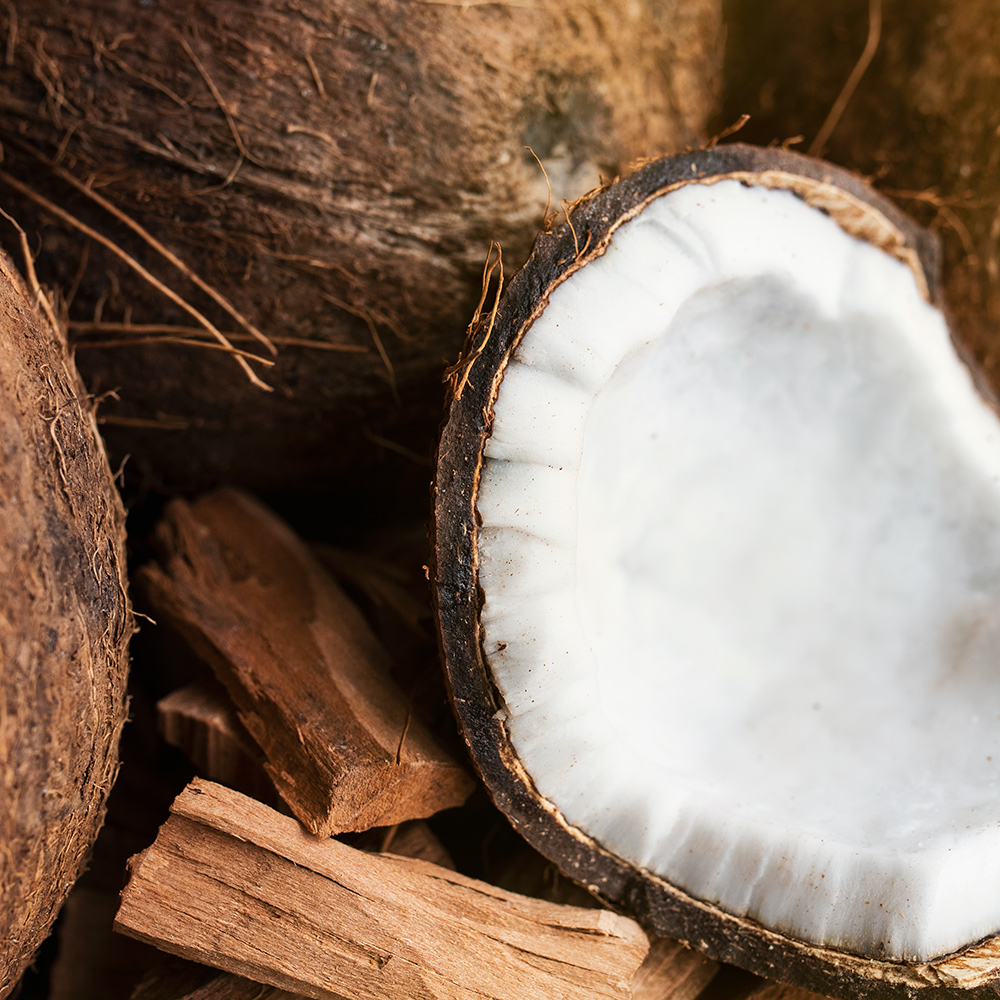Navigating through the critical periods of pregnancy and breastfeeding, providing optimal nutrition is crucial to support the health and well-being of both mother and child. This period demands particular attention to nutrient intake to foster healthy fetal development and supply the necessary components for milk production during lactation.
1. Pregnancy Nutrition: Nurturing a New Life
1.1 Adequate Caloric Intake
Importance: To support fetal growth and maternal health.
Consideration: A moderate increase, typically an additional 300-500 calories per day, is often recommended.
1.2 Vital Vitamins and Minerals
Folate: Supports neural tube development. Found in leafy greens, legumes, and fortified foods.
Iron: Essential to prevent anemia and ensure oxygen delivery to the fetus. Sources include lean meat, legumes, and fortified cereals.
Calcium: Vital for developing fetal bones and maintaining maternal bone health. Present in dairy products, fortified plant milks, and leafy greens.
1.3 Optimal Protein
Sufficient protein is pivotal for fetal development and can be sourced from lean meats, poultry, fish, legumes, and dairy products.
1.4 Healthy Fats
Omega-3 fatty acids, particularly DHA, are critical for fetal brain development. Sources include fatty fish, flaxseeds, and walnuts.

2. Nutrition During Breastfeeding: Sustaining Two Lives
2.1 Elevated Energy Demands
Importance: Breast milk production significantly elevates caloric requirements.
Consideration: An additional 500-800 calories per day is typically recommended.
2.2 Nutritional Nuggets
Calcium: Ensuring adequate calcium intake supports both maternal bone health and provides sufficient calcium in breast milk.
Vitamin D: Vital for baby’s bone development. Consideration for supplementation, especially in regions with limited sunlight, may be required.
2.3 Hydration
Significance: Milk production demands adequate hydration.
Guidance: Listen to thirst cues and ensure ample fluid intake, especially when breastfeeding.
2.4 Diverse, Balanced Diet
Ensure a wide array of foods to deliver varied nutrients, supporting both maternal health and providing a spectrum of flavors through breast milk.
3. General Considerations for Both Periods
3.1 Safe Seafood Consumption
Be mindful of potential mercury exposure from certain seafood and opt for lower-mercury fish like salmon, trout, and sardines.
3.2 Caffeine and Alcohol
Limit caffeine intake and consume alcohol judiciously, if at all, especially during breastfeeding to mitigate potential impacts on the baby.
3.3 Allergens
While maintaining a varied diet, be mindful of potential allergens, especially if there’s a family history of food allergies.
4. Conclusion
The journey through pregnancy and breastfeeding, while deeply enriching, brings with it specific nutritional demands to safeguard the well-being of both mother and child. Embracing a diet that is not only ample in quantity but also rich in quality and diversity ensures a robust supply of the necessary nutrients, carving a path towards a healthy, vibrant beginning for the new life and maintaining the vitality of the mother. Always consult with healthcare professionals for personalized advice and support throughout these pivotal periods.



